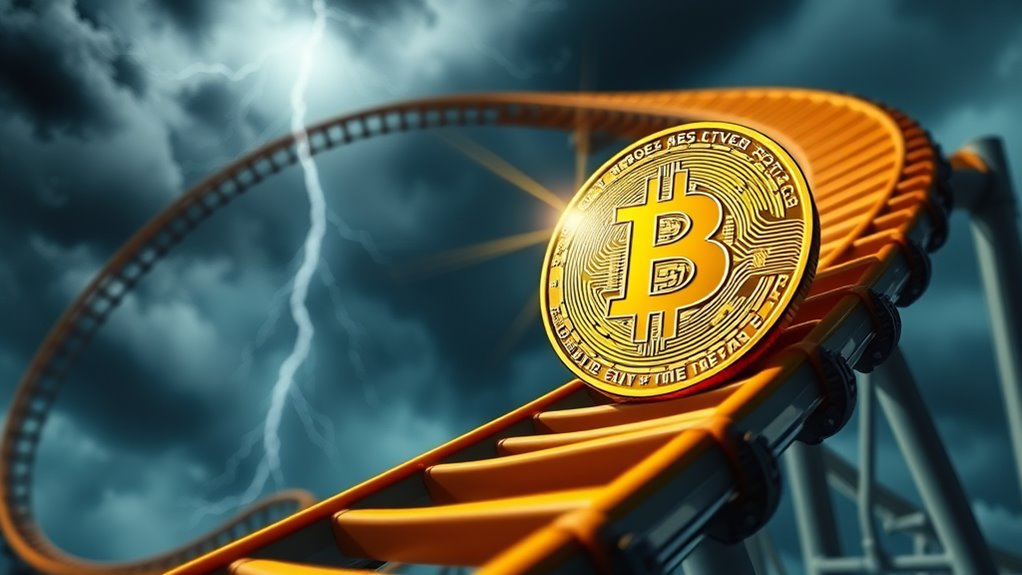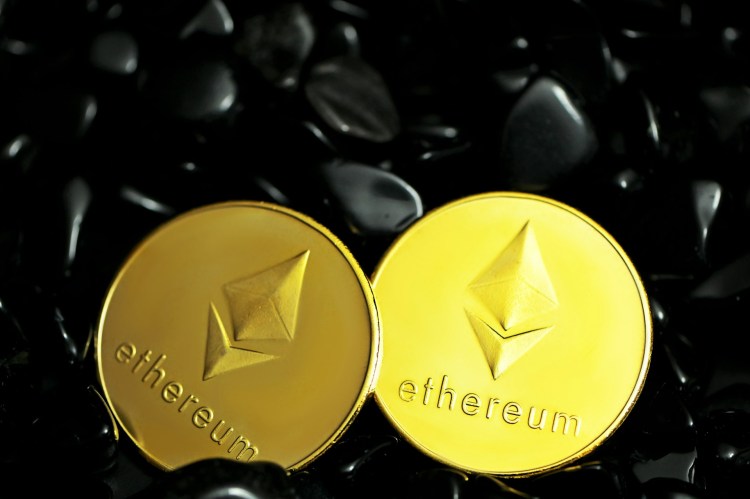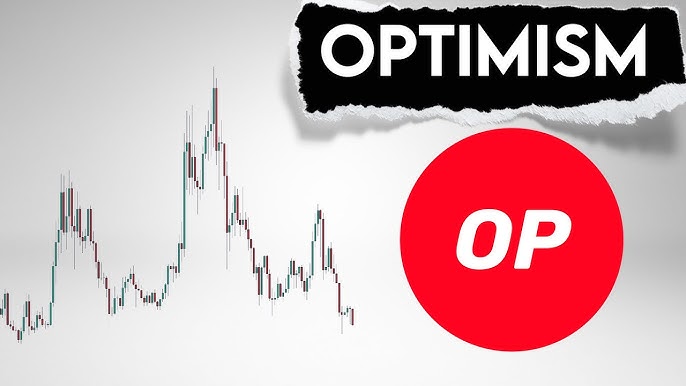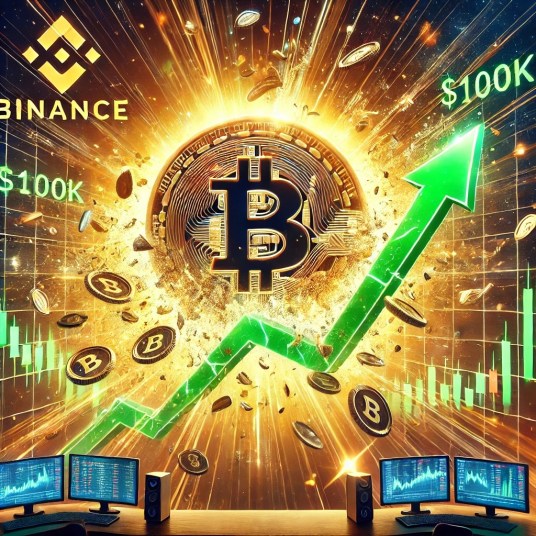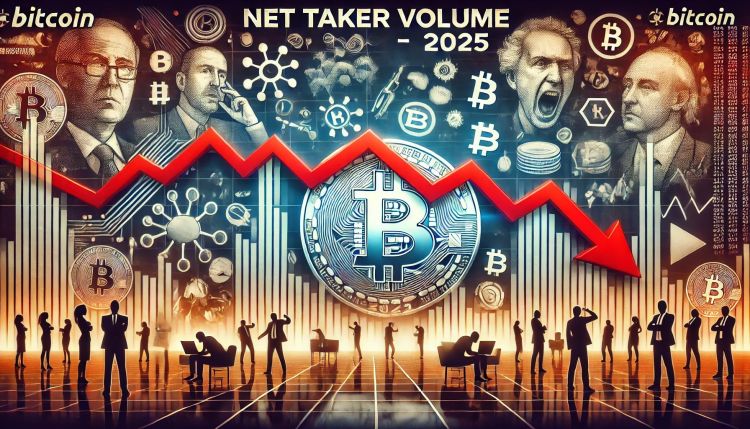Is a Digital Coin a Good Investment?
Note: This post may contain affiliate links, and we may earn a commission (with No additional cost for you) if you make a purchase via our link. See our disclosure for more info. The crypto world is constantly changing. This content is for informational purposes only and not financial, legal, or professional advice So, please verify the info on the cryptocurrency provider’s websites.
Investing in digital coins is like playing with fire—exciting, but risky. Prices can swing wildly, and it's not backed by anything tangible. Sure, there's potential for big gains, but scams and hacks lurk around every corner. Toss in some regulatory chaos, and you've got a real rollercoaster. It's not for the faint-hearted. If the thrill of the chase intrigues you, then buckle up; there's more to uncover about this wild investment landscape.
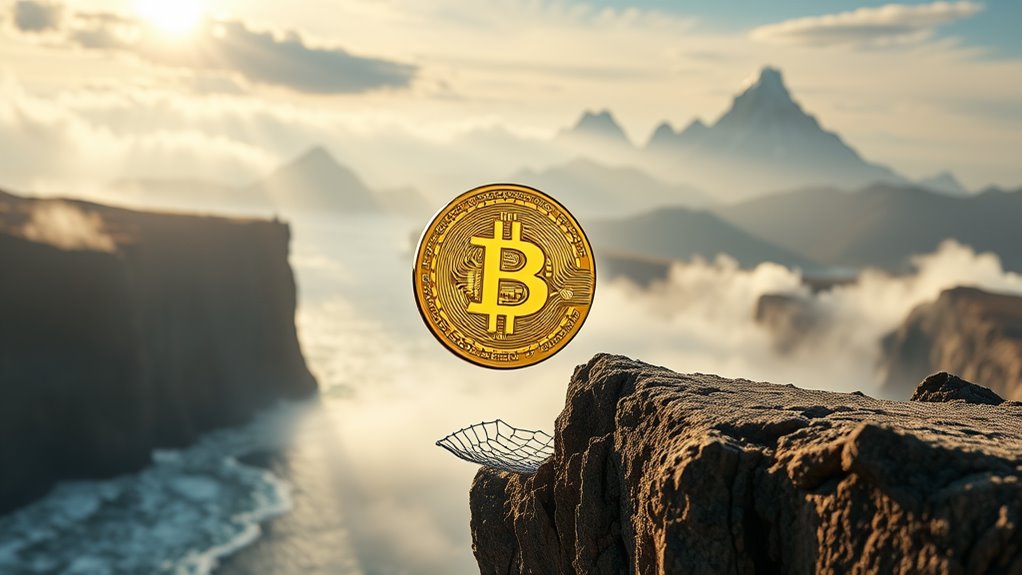
Is a digital coin a smart investment? Well, that's a loaded question. On one hand, you've got the thrilling rollercoaster of extreme volatility. Prices can swing wildly. One minute you're up, the next you're down.
Bitcoin famously shot from a measly $0.00099 in 2009 to over $100,000 in 2024. That's a heart-pounding ride, but hold on—no asset backing means you're not investing in anything tangible. Stocks and bonds have cash flow and earnings. Digital coins? Not so much. They can disappear faster than your last good idea.
The risks are real. Entire investments can vanish if a project flops or a scam hits. Social media hype drives prices more than logic. One tweet can send you sky-high or crashing down.
And don't forget about the regulatory uncertainty! Governments can drop the hammer on trading or mining whenever they feel like it. It's a jungle out there.
But let's not ignore the potential rewards. Digital coins can diversify a portfolio. They don't always move with traditional markets. Plus, staking can bring in some passive income. Who doesn't love that? However, it's important to remember that cryptocurrency serves as mediums for transactions rather than traditional investments.
Decentralization appeals to those tired of central banks messing with their money. And yes, digital coins can offer financial inclusion for those left behind by traditional banking.
Still, the market's volatility is a beast. Remember when Bitcoin plummeted from $9,000 to $4,000 during COVID-19? And then bounced back to $29,000? Talk about whiplash!
Transaction fees can be ridiculous, too—sometimes under $0.50, sometimes over $100.
Let's not forget the security risks. Hacking is rampant, and if you mess up a transaction, it's gone forever. Successful traders mitigate these risks through careful position sizing and implementing automatic stop-loss orders to protect their capital.
Frequently Asked Questions
What Are the Tax Implications of Investing in Digital Coins?
Investing in digital coins? Brace for tax headaches.
The IRS sees crypto as property, not cash. So when you trade or spend, guess what? That's a taxable event.
Mining and airdrops? Yup, they come with income taxes too.
And if you sell at a loss, you can offset some gains, but don't get too excited—there's a $3,000 cap.
Keep records, or the IRS might come knocking. Fun, right?
How Do I Securely Store My Digital Coins?
Storing digital coins securely? Oh, it's a whole thing.
Hardware wallets like Ledger or Trezor are great—offline and tough against hackers.
Paper wallets? They're about as low-tech as it gets but can be foolproof if done right.
Want extra security? Try air-gapped computers or encrypted USBs. Just don't leave them lying around!
And for the love of all things digital, use strong passwords. Seriously, don't skimp on this. Protect those coins!
Can I Use Digital Coins for Everyday Purchases?
Sure, you can use digital coins for everyday purchases. About 27% of retail and e-commerce transactions now involve crypto.
That's right, buying your morning coffee or some random gamer gear with Bitcoin is totally a thing.
But hey, don't forget—volatility can turn your $5 latte into a $50 gamble in a heartbeat.
Plus, security issues loom large.
What Are the Environmental Impacts of Digital Coin Mining?
Digital coin mining? It's a total energy hog.
Bitcoin alone gulps down enough electricity to power Thailand. One transaction? That's like running a U.S. household for 79 days.
And let's not even start on the CO2 emissions—85.89 million tons, folks! Most of this power is from fossil fuels, mainly coal.
Plus, all those mining rigs create mountains of e-waste. Who knew making virtual money could be so… environmentally disastrous?
How Do I Know if a Digital Coin Is Legitimate?
To determine if a digital coin is legit, look for a sleek website.
No one trusts a shabby site, right? Check domain details—scams love new, hidden domains.
A solid white paper is a must; if it's vague, run!
Verify the team on LinkedIn—no ghostly figures here.
Active social media? Good sign! But beware of bots lurking.
And always, always check for security audits.
If they're not transparent, they might just be playing you.

